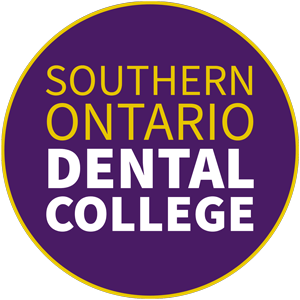As a dentist, your primary goal is to keep your patient’s mouth looking and feeling their best.
So, what do you do when you’ve completed a cleaning and your patient calls you saying, “why do my teeth hurt?”
Did you know that 12 percent of Canadians have experienced pain in their mouths?
It’s a problem that affects many patients, particularly after a cleaning. Sometimes the patient may blame sensitive teeth after cleaning as the reason why they don’t want to come back for another.
With the importance of dental hygiene, there are steps you can take to show the patient why they need the cleaning. You can also show them what they can do to make their mouths more comfortable after one at home.
Why Do Cleanings Hurt Teeth?
Cleanings are good for patients, so you may wonder why this would cause them pain.
Many patients who experience tooth sensitivity suffer from abrasion or gingival recession.
Abrasion is often caused by things such as teeth grinding or brushing too hard. These are just two of many causes that can erode the enamel that protects a patient’s teeth.
Gingival recession has to do with a patient’s gums when they don’t cover the root of the teeth.
Patients will often experience pain throughout their daily lives when eating or drinking when they have any of these conditions. There’s no cure for sensitive teeth, but there are things that can be done to manage them.
My Teeth Hurt – What Can I Do?
Keeping the causes of sensitive teeth in mind, there are a few things you can do to help your patient deal with sensitive teeth after cleaning.
Dental cleanings often reach deep and cover the entire mouth. Reassure your patient that it’s normal for their teeth to hurt after the cleaning. Be sure to tell them that it should only last up to two days at most.
After the cleaning, you can recommend that they avoid flossing for the first day and use a soft-bristled toothbrush. If they are gentle with their teeth after the cleaning, they’ll notice that the pain will subside sooner than they think.
Another great option is to recommend that they use products for sensitive teeth. For example, a toothpaste meant for sensitive teeth.
Telling your patient to watch what they are eating and drinking will not only help them after a cleaning, but in everyday life as well. Often, acidic foods or drinks are the culprits for causing unnecessary pain due to sensitivity. You can also direct them to be aware of the temperature of their food and drinks.
Want to Learn More About Sensitive Teeth After Cleaning?
When a patient experiences sensitive teeth after cleaning, it may cause them pain in the days that follow.
Being there to direct your patients in the right direction and help them manage their sensitive teeth is an important part of a dentist’s job.
Have you considered starting a career as a dentist or dental hygienist? Do you want to help patients find ways to manage the pain that can come with sensitive teeth? Contact us to find out more about how our college can help you!
